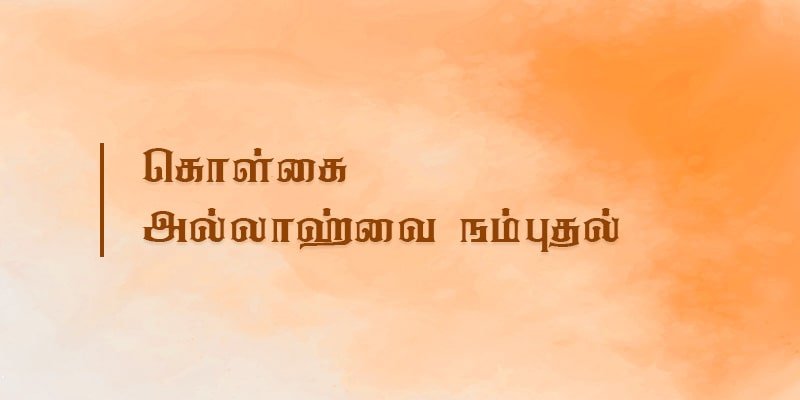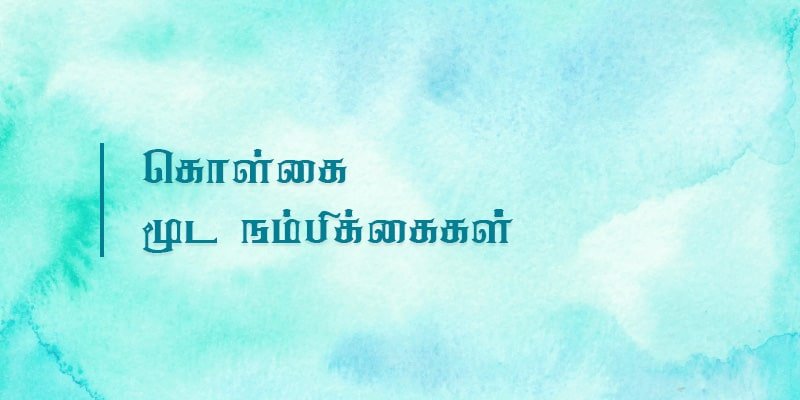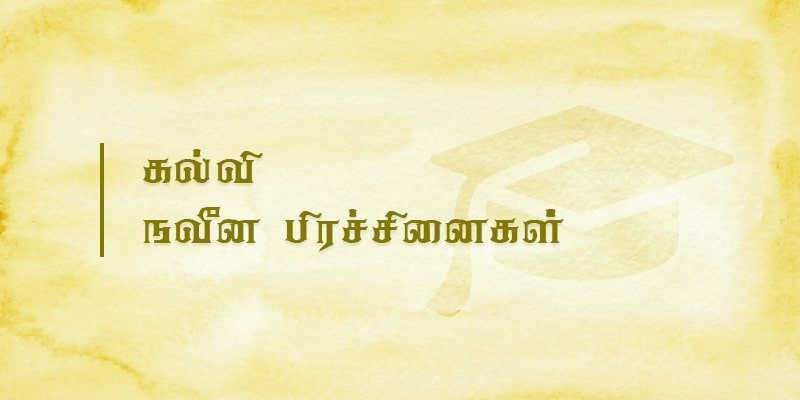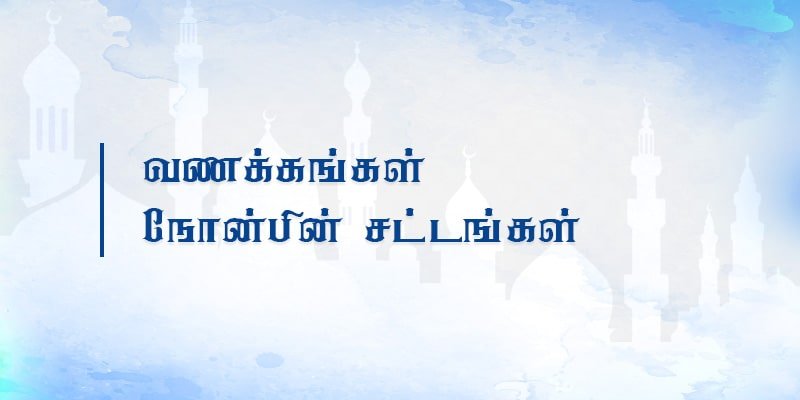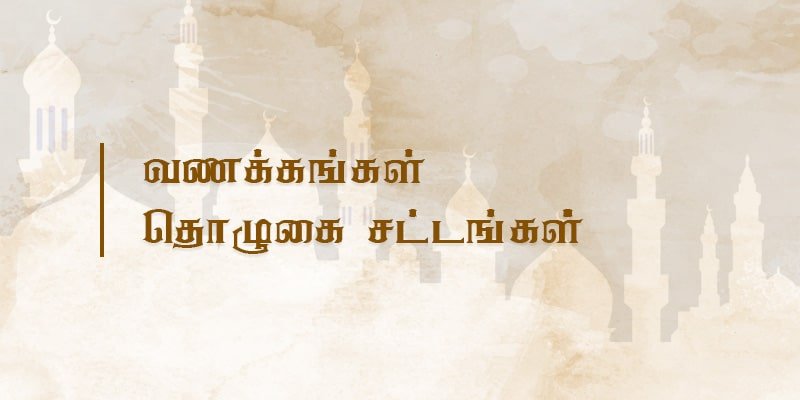513. The days in which animals can be sacrificed, during Hajj pilgrimage.
It is being said in this verse (22:68) of the Quran to chant the name of Allah on particular days.
Cattle are required to be sacrificed during the pilgrimage days of Hajj, while doing it there is a need to chant the name of the Almighty, and this refers to chanting of the Almighty’s name during the ritual of sacrifice. Some say since the word ‘days’ is found in plural in the phrase, they contend that sacrifice can be done not only on the day of Eid–ul-Adha but can be spread to the three days following it. And there are hadiths that seem to declare the 10th 11th 12th and 13th days of the month of Dhul Hajj can be considered as days of sacrifice.
These people cite these hadiths as evidence.
But none of these hadiths are authenticated.
These hadiths are:
Hadiths that convey this kind of message are found in hadith books such as Musnad Ahmad. Baihakki etc.,
In all of these hadiths Zubair bin Muth-im is quoted by the narrator Sulaiman bin Musa.
Zubair bin Muth-im had not met Sulaiman bin Musa in his lifetime hence this hadith needs to be rejected for the reason of non-connectivity.
Iman Thirmidhee claims, Buhari has declared Sulaiman bin Musa had not met any of the comrades of Prophet Muhammad.
Book: Al-Illa Al-Kabeer written by Tirmidhee. Baihakee also declares that Sulaiman bin Musa had not met any of the comrades of Prophet Muhammad as being said by Bukhari.
Book: Marifath-us Sunani Wal Aasaar. Written by Baihakee.
Ibn Kaseer says Sulaiman bin Musa did not reach Zubair bin Muth-im.
Book: Nasbur Raaya
Ibn Hajar says this hadith is one which has a severed narrator chain.
Book: Fathul Bari
2.The other hadith.
The other hadith with the same opinion is registered in the book: Al Kabeer by Tabrani.
In the narrator chain of this hadith the name of Suvith bin Abdul Azeez finds a place, and he is considered to be a weak narrator.
He is considered to be a left out (i.e.) believed to be a liar by Ahmed bin Hambal, and believed to be not trustworthy and weak by Ibn Mayeen ibn Sa ad, Bukhari, Nasaye, Abu Hattham, Yakoub bin Sufyaan, Haakim, Ibn Hibbaan, and Bassar. Thirmidhee calls him as the person who makes the greatest number of mistakes in quoting the hadiths.
Book: Tahdheeb by Ibn Hajr
3) The third hadith:
This is the third hadith with the same kind of opinion expressed and registered by scholars like Ibn Hibbaan, Ibn Aadhee, Bassar and announced by Abdur Rahman bin Abi Hussain.
This hadith has been quoted by Abdur Rahman bin Abi Hussain from Zubair bin Muth-im a comrade of Prophet Muhammad. But Bassar says the two did not meet each other.
4) The fourth hadith.
This is yet another hadith with the same opinion being conveyed regarding sacrifice to be done on the following three days after Eid-ul-Adha and registered by Al-Daraqutni and Baihakee.
Ibn Hajr says this hadith has reliable narrators.
Ahmad has registered a hadith that says animals can be sacrificed during the Tahriq days (i.e.) 11th, 12th, and 13th day of Dhul Hajj, but this hadith has a severed narrator chain. But Daraqutni has registered a reliable hadith without a cut narrator chain.
Book: Fath ul Bari.
The following is the hadith
Ibn Hajr saying about the reliability of the narrator chain available in this hadith is entirely wrong. The narrator chain in this hadith contains the name of Ahmed bin Esa Al Kasshaf who is not trustworthy, Ibn Hajr has failed to take notice of this.
Ahmed bin Esa Al Kasshaf has narrated many fabricated hadiths in the name of renowned persons and unknown persons. Ibn Hibban says not to take hadiths narrated by this person as an individual seriously.
Book: Al- Majruheen
Ibn Aadhee says Ahmed bin Esa has announced many false messages through Amru bin Salama.
Book: Al-Kamil
The above cited hadith is revealed through Amru bin Salama. The name of the liar Ahmed bin Esa Al-Kasshaf finds place in the hadith that says Prophet Muhammad as having declared, of getting a soul satisfaction on eating meat.
Book: Marifath Dadkiraa.
Ahmed bin Esa Al Kasshaf finds a place as a narrator in the hadith that says Prophet Muhammad having said ‘Jibreel, Muaviya, and myself are the only three who are close to Allah’.
Book : Marifath Dadkiraa
Suyuti says hadiths by Ahmed bin Esa Al Kasshaf’s need to be rejected.
Book:Al Laalil Masnuaa
Many others have criticized him for the hadiths quoted by him, hence this hadith is also considered as not authentic.
These are the only hadiths supporting the claim that sacrifice of animals can be carried out on the days of Tashreeq.
Another Hadith.
The people who support the opinion of sacrificing animals on the Tashreeq days, cite hadiths that say these days are the ones for rejoicing.
Prophet Muhammad said the days of Tashreeq are for rejoicing.
Narrator: Anas (RA)
Book:Muslim
The days of rejoicing does not necessarily mean sacrificing on the days. The message conveyed can be clearly understood from another hadith.
Prophet Muhammad prohibited people fasting during these days saying, ‘these days are for rejoicing’
Narrator: Ali (RA)
Book : Ahmed
The message conveying these days are for rejoicing, means no fasting to be undertaken and not sacrificing animals on the days, as explained by Prophet Muhammad. Moreover the meaning of the word Tashreeq is, to cut the meat into pieces and air dry them. Since the work of cutting the meat into pieces and drying has to be undertaken by people it was called Tashreeq days.
The days demarcated as rejoicing days by Islam, are to be taken to mean as no fasting days.
Since all the above cited hadiths are unauthentic they cannot be treated as evidence to support the notion that animals can be sacrificed during the Tashreeq days.
But still people present phrases from this verse as evidence to sacrifice animals during Hajj on the days following the 10th of Dhul Hajj.
It could be easily understood that the argument by these people is entirely wrong, and this verse does not refer to the sacrifice to me made on those days of Tashreeq.
This verse speaks about invitation to perform Haj and the various acts to be carried out by the pilgrim.
Nobody denies this nor can they afford to.
In the verses that talk of acts during the pilgrimage of Hajj, the animal sacrifice should find a place there, as mandatory duty.
But animal sacrifice (Qurbani) is mandatory only when Haj and Umrah are performed together. Animal sacrifice is not mandatory when only Hajj is performed.
This is a stipulation agreed by all sections of Muslims regarding Haj.
Those performing Hajj and Umrah in the Tammatu way should sacrifice an affordable animal, and others who do not have the opportunity should fast for three days during Hajj and the rest seven days on returning home, fulfilling the requirement of ten. This concession is for those who are not residents of the precincts of Kabbah. Fear Allah, He is very severe in His punishments.
The Quran 2:196
For those who perform Hajj and Umrah together the remedy of animal sacrifice is there, and others who can ill afford it are given the option of fasting three days during Hajj, and seven days of fasting on returning home, thus fulfilling the remedy of ten days of fasting.
It is clearly seen here; the requirement of animal sacrifice (Qurbani) is not mandatory on those performing only the Haj pilgrimage.
Those who argue this verse as speaking about Qurbani should prove Qurbani is mandatory for performance of Hajj. Praising the Almighty on particular days refers to this, when we praise Him during Tawaf, Talbiya, Dhikr, and during the utterance of Takbir. In other words there are two opinions that can be expressed regarding this phrase.
1. It can be taken as praising the Almighty when slaughtering the animal.
(Or)
2.Praising Him for making the meat of the animal a food for us. This phrase allows us for both kinds of interpretations.
If the first mentioned opinion is taken for consideration, then (Qurbani) animal sacrifice forms a part of Haj pilgrimage and its rituals.
But it is not mandatory for one to sacrifice an animal, while performing the Hajj pilgrimage.
The whole Ummah is of the unanimous opinion Hajj and Qurbani do not have any connection whatsoever.
Qurbani or animal sacrifice is mandatory only on those who perform Hajj pilgrimage, and only if it can be afforded by the person. There is a remedy of ten days of fasting to be undergone by those who cannot; Hence even this requirement does not come under the purview of Animal sacrifice, and it is not a law to undertake fasting.
This animal sacrifice is a remedy for those performing Hajj and Umrah together.
Hence the verse inviting to perform Hajj and chanting of Allah’s name in praise does not mean to be connected with slaughtering animals chanting the praise of Almighty. Those who allude such a meaning, should prove Qurbani is imperative for the performance of Hajj, but they do not.
Since the explanation thus offered by others is contradicting verse 2:136 we cannot take this verse to mean the animal sacrifice.
Hence we need to take the second interpretation as the valid one that says, to praise the Almighty on particular days, during the performance of the entire Haj pilgrimage, referring to the days in plural. And does not mean the slaughtering of animals on days after Eid-ul-Adha.
513. The days in which animals can be sacrificed, during Hajj pilgrimage.
Typography
- Smaller Small Medium Big Bigger
- Default Meera Catamaran Pavana
- Reading Mode

